India Stagflation Risk Low: RBI Study
By Rediff Money Desk, MUMBAI Dec 20, 2023 19:31
An RBI study finds India's stagflation risk at just 1%, citing easing financial conditions and stable domestic fuel prices. Learn more about the factors impacting stagflation risk.
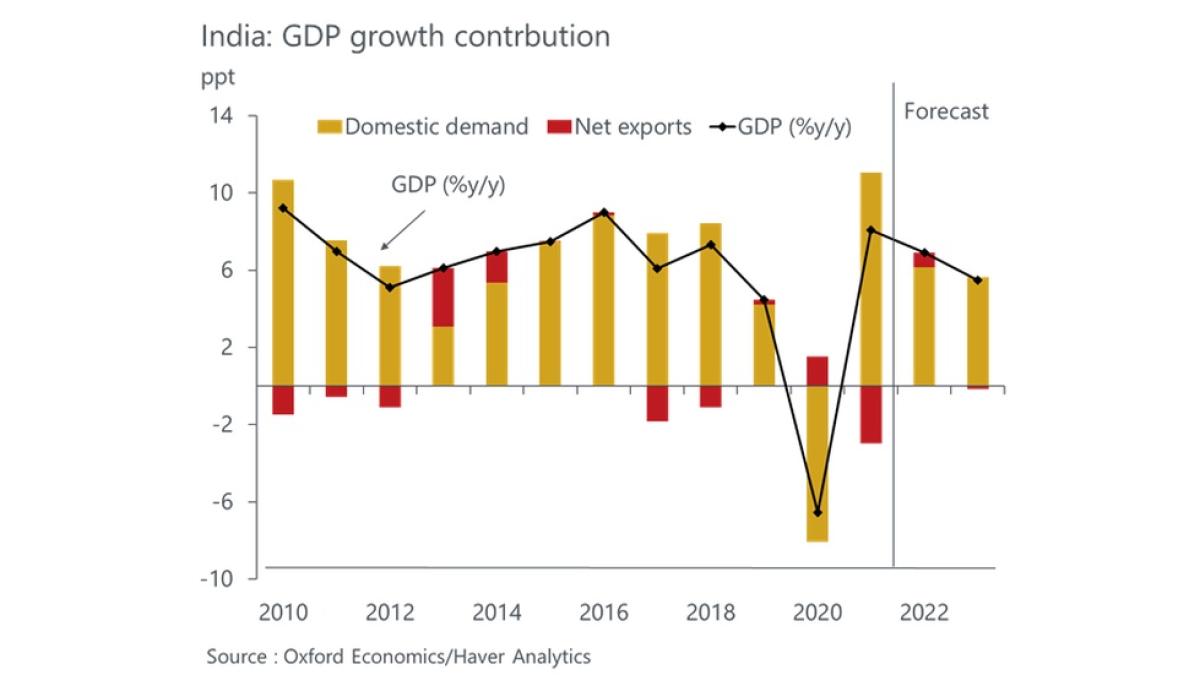
Photograph: Pulitzer Prize Winner Danish Siddiqui/Reuters
Mumbai, Dec 20 (PTI) The possibility of India slipping into stagflation -- a condition where inflation continues to rise amid slowdown in growth -- is low, a study by RBI staffers published on Wednesday said.
The "stagflation risk" in India is just 1 per cent, the study by Deba Prasad Rath, Silu Muduli, and Himani Shekhar said, noting that unlike the past episodes, commodity price shocks aren't so severe and persistent.
In the last three decades, episodes such as the Asian Crisis (1997-98), the global financial crises of 2008-09, the taper tantrum of 2013, and the Covid-19 pandemic have increased risks of stagflation, the study, which does not represent the views of the central bank, said.
In case of the Covid-19 pandemic, higher commodity prices and the appreciation of the US dollar post-pandemic raised the stagflation risk globally, along with delays in the monetary normalisation process after the pandemic, as per the study.
However, the same has "subsided" on easing of financial conditions, contained depreciation in the rupee and stable domestic petrol and diesel prices, the study said.
The gradual recovery in demand post-pandemic, coupled with moderation in CPI headline inflation have been in line with assessment of reduction in stagflation risk to about 1 per cent, it said.
The study said stagflation is a major concern for the RBI because of its core objectives of maintaining price stability while keeping in mind the growth needs.
In India, two potential risk factors for stagflation are financial conditions and depreciation of the rupee against the dollar, it said.
"The widely used Inflation at Risk and Growth at Risk frameworks also have its limitations to work in the Indian context," the paper said.
"Given the weak pass-through of crude oil prices to domestic petrol and diesel prices, it has limited predictive power for stagflation," it said.
The "stagflation risk" in India is just 1 per cent, the study by Deba Prasad Rath, Silu Muduli, and Himani Shekhar said, noting that unlike the past episodes, commodity price shocks aren't so severe and persistent.
In the last three decades, episodes such as the Asian Crisis (1997-98), the global financial crises of 2008-09, the taper tantrum of 2013, and the Covid-19 pandemic have increased risks of stagflation, the study, which does not represent the views of the central bank, said.
In case of the Covid-19 pandemic, higher commodity prices and the appreciation of the US dollar post-pandemic raised the stagflation risk globally, along with delays in the monetary normalisation process after the pandemic, as per the study.
However, the same has "subsided" on easing of financial conditions, contained depreciation in the rupee and stable domestic petrol and diesel prices, the study said.
The gradual recovery in demand post-pandemic, coupled with moderation in CPI headline inflation have been in line with assessment of reduction in stagflation risk to about 1 per cent, it said.
The study said stagflation is a major concern for the RBI because of its core objectives of maintaining price stability while keeping in mind the growth needs.
In India, two potential risk factors for stagflation are financial conditions and depreciation of the rupee against the dollar, it said.
"The widely used Inflation at Risk and Growth at Risk frameworks also have its limitations to work in the Indian context," the paper said.
"Given the weak pass-through of crude oil prices to domestic petrol and diesel prices, it has limited predictive power for stagflation," it said.
Read More On:
DISCLAIMER - This article is from a syndicated feed. The original source is responsible for accuracy, views & content ownership. Views expressed may not reflect those of rediff.com India Limited.
You May Like To Read
TODAY'S MOST TRADED COMPANIES
- Company Name
- Price
- Volume
- ARC Finance
- 1.51 (+ 2.72)
- 99106131
- Vodafone Idea L
- 8.27 (+ 1.72)
- 37910491
- Guj. Toolroom Lt
- 18.98 (+ 4.98)
- 33052379
- Srestha Finvest
- 0.81 ( -2.41)
- 24087791
- Filatex Fashions
- 0.69 ( -4.17)
- 20455844
MORE NEWS

Adani Wilmar to Emulate ITC, Expand FMCG Portfolio
Adani Wilmar, India's largest edible oil company, plans to leverage its core business...

India to Boost Exports: 20 Nations Meet Jan 6-8
Indian officials from 20 countries will meet in New Delhi to discuss strategies to...

Karur Vysya Bank Expands in Tamil Nadu with Two...
Karur Vysya Bank has opened two new branches in Tamil Nadu, bringing its total branch...



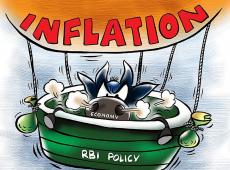
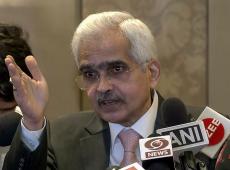
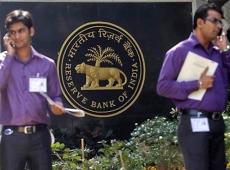

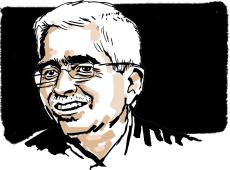

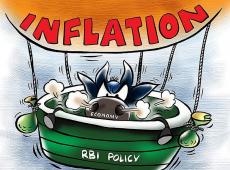
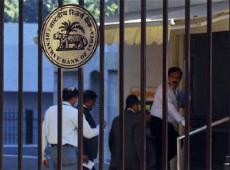

 © 2025 Rediff.com India Limited. All rights reserved.
© 2025 Rediff.com India Limited. All rights reserved.